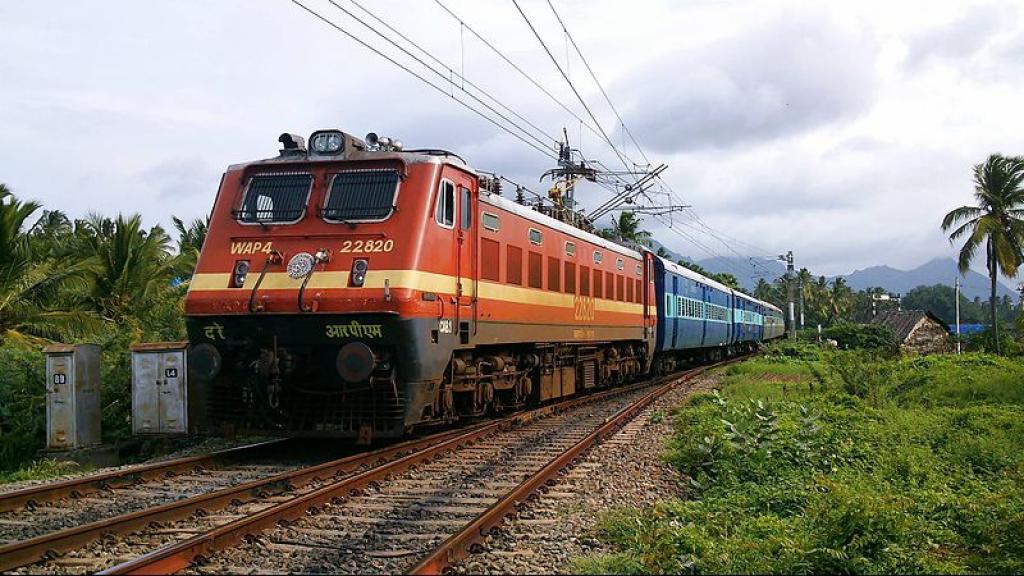Indian Regulators
CAG Report Exposes Financial Mismanagement in Indian Railways: A Deep Dive into Rs 2,604 Crore Losses
The Indian Railways, often hailed as the backbone of the country’s transport infrastructure, finds itself under scrutiny following a critical report by the Comptroller and Auditor General of India (CAG). The report unveils financial mismanagement that has led to staggering losses amounting to Rs 2,604.4 crore. This revelation not only underscores inefficiencies but also raises significant concerns about the decision-making processes within the Ministry of Railways.
The Burden of Poor Financial Decisions
The CAG’s audit, which includes findings from the fiscal year 2021-22 along with unresolved issues from previous years, exposes a series of financial missteps that have collectively burdened the Railways with massive losses. These are not just minor lapses but systemic issues that highlight the lack of oversight and accountability in handling public funds.
One of the most glaring examples is the Rs 834.72 crore loss due to interest payments on a Rs 3,200 crore loan extended to IRCON International Limited for land development. This project, which was never executed, exemplifies the consequences of poor planning and decision-making. The report suggests that such losses could have been avoided with proper feasibility studies and a more rigorous review process before committing large sums of money.
Non-Fare Revenue: A Double-Edged Sword
The report also sheds light on the Railways’ attempts to generate non-fare revenue, a strategy that has proven to be a double-edged sword. While diversification of income streams is crucial for financial sustainability, the CAG notes that the Railways’ approach has often lacked thorough analysis and planning. For instance, the loss of Rs 149.12 crore from 2018 to 2022 due to failure in levying charges for engine shunting activities in East Coast Railway is a clear indicator of missed opportunities and a lack of strategic foresight.
These financial miscalculations not only erode the Railways’ profitability but also reflect a deeper issue: the disconnect between policy formulation and ground-level execution. The CAG’s findings suggest that the Ministry of Railways must reassess its approach to non-fare revenue generation, ensuring that decisions are based on solid data and feasibility studies rather than end-of-the-year budget pressures.
GST Compliance and the Ripple Effect
Another critical aspect highlighted by the CAG is the Railways’ non-compliance with Goods and Services Tax (GST) provisions, leading to a Rs 13.43 crore shortfall in GST collection from siding owners. This lapse, though seemingly minor in comparison to the larger losses, indicates a broader issue of regulatory compliance and internal controls within the Railways. The report urges immediate corrective action, including the collection of outstanding GST and the establishment of stronger compliance mechanisms to prevent such issues in the future.
Unnecessary Expenditures and Ineligible Contracts
The CAG report further uncovers instances of unfruitful expenditures and questionable contracting practices. A particularly troubling case involves the North Eastern Railway’s construction of an unnecessary washing pit, costing Rs 10.72 crore, which was found to be unsuitable for the intended purpose. This highlights the importance of due diligence and site suitability assessments before embarking on costly infrastructure projects.
Equally concerning is the case of IRCON awarding a Rs 1,110.80 crore contract to an ineligible bidder, bypassing essential qualifying criteria. This not only raises questions about the integrity of the procurement process but also suggests a potential for favoritism or corruption. The CAG calls for accountability and transparency in contract awards to prevent such undue benefits from being conferred upon unqualified entities.
The Path Forward: Strengthening Accountability and Oversight
The CAG’s report paints a sobering picture of financial mismanagement within the Indian Railways, but it also offers a roadmap for reform. By emphasizing the need for accountability, rigorous planning, and adherence to regulations, the CAG’s recommendations aim to address the root causes of these financial setbacks.
For the Railways to regain its financial footing and restore public trust, it must implement these recommendations with urgency. This includes holding those responsible for financial losses accountable, ensuring that future decisions are based on comprehensive feasibility studies, and strengthening internal controls to prevent similar issues from recurring.
In conclusion, the financial losses flagged by the CAG are not just numbers on a balance sheet—they represent missed opportunities, inefficiencies, and a significant drain on public resources. The Indian Railways must take these findings as a wake-up call to overhaul its financial management practices and build a more sustainable and accountable future.










































